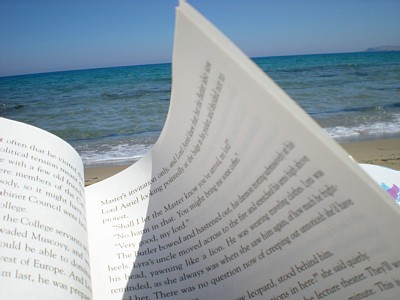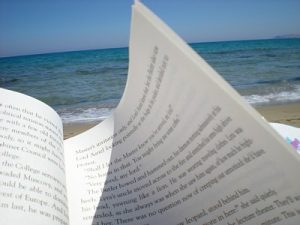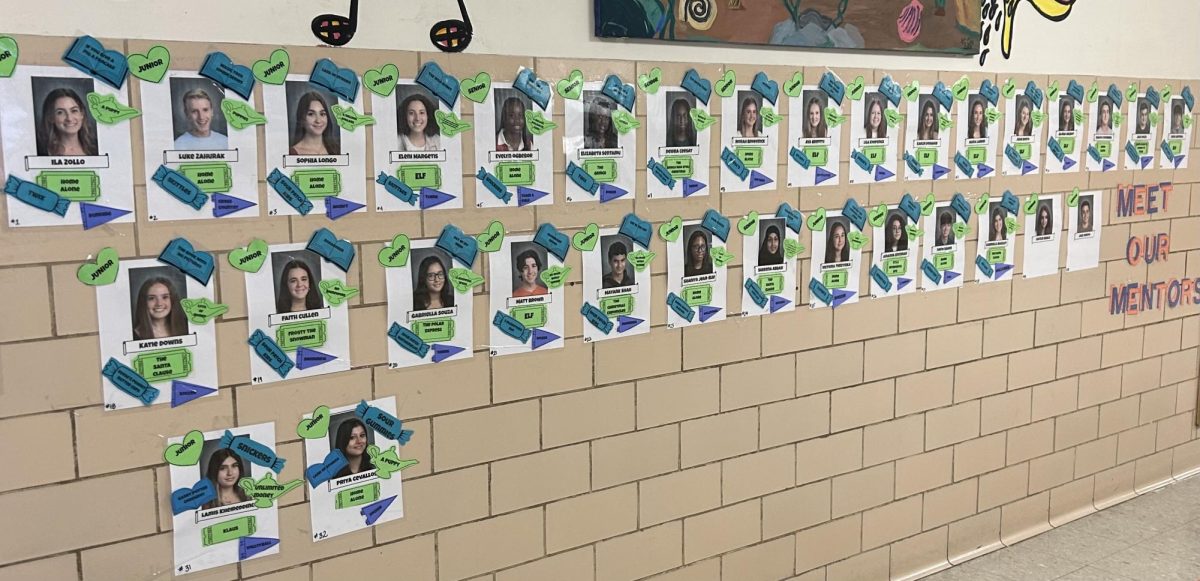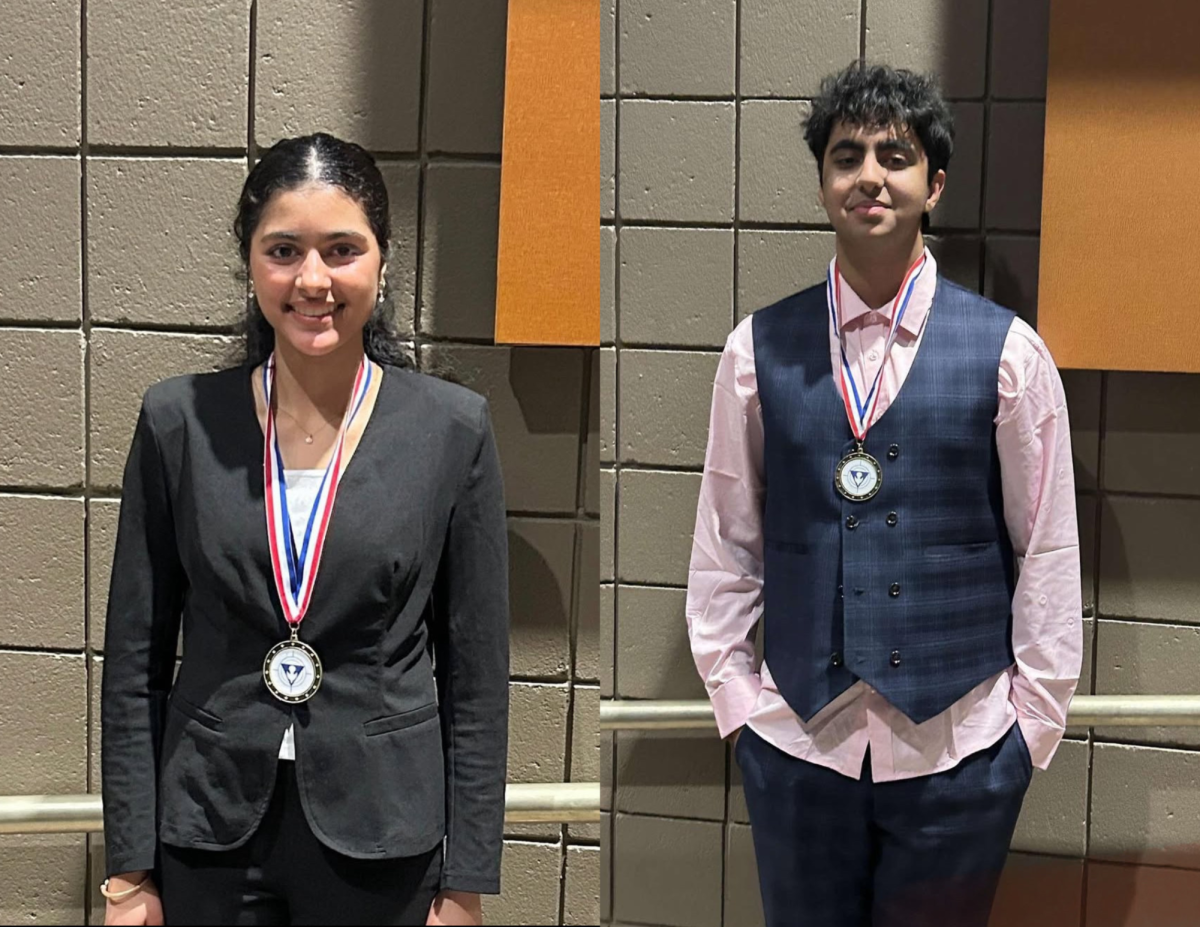As the Walpole High School tradition goes, at the end of each school year, teachers unite and make a list of books that they want to offer to students as summer reading choices. Students are shown the list at the end of the school year, and they must choose one book to read over the course of the summer. In September, the teachers and students group together according to their book choice, and the teacher leads a discussion in order to test the student on the book. “All the teachers are looking for is evidence that the student read,” said Ms. Lauren Culliton, English department head, and leader of the summer reading program. Although the test is a simple pass or fail, there is a certain restriction and consequence for failing. Passing the test is a green light for being eligible for achieving honor roll for first semester, but failing the test results in being left off first semester honor roll. This way, the students are more motivated to take responsibility of their book, and they are more apt to engage in group discussion during the testing period.
A wide selection of novels, fiction books, nonfiction books, memoirs, and mysteries were offered on this year’s summer reading program. Typically, teachers who teach Science are likely to choose a science related book, whereas English teachers choose popular novels. However, Ms. Culliton has widened the book selection this year by asking teachers to expand their horizons on book topics, making the selection “more balanced this year,” she said. The most popular books this year were Speak, by Laurie Halse Anderson, and The Hunger Games, by Suzanne Collins. Also among the list are New York Times bestsellers, such as Bossypants (Tina Fey’s memoir), and the recently popular African-American story, The Help, by Kathryn Stockett. Some teachers, though, have taught the same book for the past few years. Science teacher, Ed Leitz, has read and taught The Secret Life of Lobsters by Trevor Corson for a few years; Gardiner Fiske, also a science teacher, has continually read Packing for Mars by Mary Roach.
Juniors and seniors, who are quite familiar with the program after two or three years, are typically more influenced by their books due to their effort in college preperation. Junior Kelsey Flanagan said that the program is preparing her “for college because [she] will have to comprehend a book and come back ready to talk and get tested without getting coached through it as [she does] in high school classes.” Many students, however, look down on the school’s summer reading program. Junior Alex Marcinkowski thinks that it is “good, but not one hundred percent needed.” He believes that students are “old enough to read when, and if, [they] want to.” Every year, the debate over the summer reading program is brought up, but despite all of the negative comments, it is clear that the program is need in order to keep the students reading during summer vacation.
Though the summer reading program may come off as intimidating for the students, Ms. Culliton’s ultimate goal for the summer reading program is only “about creating lifelong readers.” Hopefully students were able to take advantage of the exquisite and unique selection of books this year, and were able to read a book that had a positive impact on their reading preferences, leaving them excited about reading in the future.









